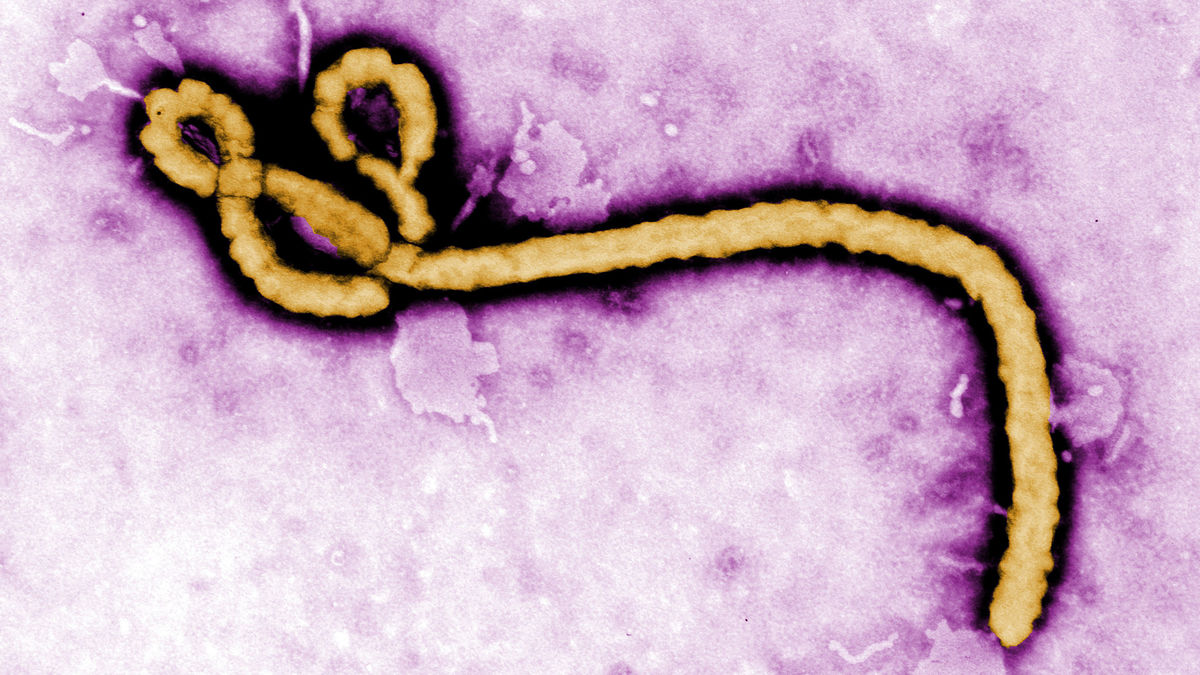The UN Food and Agriculture Organisation (FAO) said in a statement issued on Friday that a devastating livestock disease is continuing to extend its global reach and is now present in 76 countries.
It said that Georgia recently reported its first-ever case of Peste des Petits Ruminants (PPR), a viral disease which is capable of severely impacting goat and sheep populations.
It said that a new outbreak has occurred in the Maldives, showing that even Island states are vulnerable to the plague.
It said that experts from FAO and the World Organisation for Animal Health (OIE) have recommended control measures including vaccination of 800,000 sheep and goats.
Quarantine zones have been created and surveillance of animals in adjacent regions intensified.
“The outbreaks coming on the heels of similar episodes in Western Turkey and mainland China underscore the risks posed by a virus that can kill as many as 90 per cent of the animals it infects within days.
“In the past two decades, PPR has spread rapidly, mostly in Africa, Asia and the Middle East, which are home to some 80 per cent of the world’s 2.1 billion small ruminants.
“Sheep and goats are critical assets for poor rural households, providing protein, milk, fertilizer, wool and fibre, as well as often representing essential social capital and access to financial credit,’’ it said.
FAO said the disease causes more than US$2 billion in losses each year.
“Beyond the lost economic value, sick animals add to the food security and nutritional challenges faced by the more than 300 million vulnerable households who raise sheep and goats in the affected regions.”
FAO said a year ago in Cote d’Ivoire, high-level authorities from 15 countries endorsed a global control and eradication strategy for the disease.
It said this was in line with the principles of the successful campaign that led to the global elimination of rinderpest, a similar disease affecting cattle, declared in 2011.
“In line with the recommendations of the Abidjan conference, the FAO and OIE have established a joint secretariat.
“In April 2016, it concluded consultations to develop a Global Control and Eradication Programme based on the adopted Strategy,’’ it said.
The PPR Eradication Programme Secretariat is chaired by Bouna Diop and includes coordinators from FAO and OIE, respectively, Felix Njeumi and Jean-Jacques Soula.
FAO said regional roadmaps for the 15-year campaign are now being formulated, and chief veterinary officers, epidemiologists and other experts in affected countries are being made aware of available tools to assist in their elaboration of their national campaigns.
According to the statement, “existing quality vaccines are effective and affordable, so global eradication is technically feasible.
“However, delivery systems to ensure their efficacy and access by remote agro pastoralist communities need to be established”.
FAO said that the implementation of the eradication programme also offers an ideal entry point for dialogue with pastoralist communities that can catalyse both greater resilience and provision of services to improve governance and stability.
Italy: FAO warns of dangers of ruminant’s virus globally

